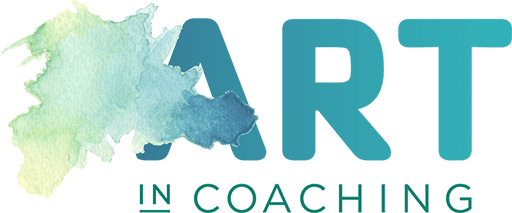What is trauma?
The word trauma comes from the Greek for wound and whilst physical trauma leaves visible wounds and scars, psyche-trauma does not. What we experience instead is the behaviours of the people or person who has trauma.
In Julia Vaughan’s book, Coaching and Trauma, Julia defines trauma as the wounds we are left with as a consequence of experience. This experience has had a significant impact on our feelings of safety and vulnerability such that it has a lasting impact on our behaviours when engaging with people and particular situations. This is the trauma response. The trauma response occurs when the level of threat to life is very high and escape is not possible. Here the stress response of flight or fight is replaced with freeze and fragment; a numbing response can take over. These trauma responses have a lasting impact on how we feel, how we experience and respond to others and how we think about and relate to ourselves and those around us.
Traumatic events
Trauma does not refer to a specific event. This event may be a traumatic event, but not necessarily result in trauma. When we think of the pandemic, many of us may have experienced some quite traumatic events, but not all of us will be left with trauma as a consequence.
Why might we want to consider trauma in our coaching?
Trauma and the impacts of traumatic events may only have become consciously thought about in coaching today as we experience the impacts of the pandemic on ourselves and those we care about. However, it is not just the pandemic that may result in trauma being present in the coaching space. We should remember that trauma is experienced through many different life events and affects people all the time. Their experiences of the pandemic may also trigger trauma responses from past experiences.
When trauma does come into the coaching space it may impact our clients’ abilities to achieve what they want to achieve and, if we are not aware that trauma is behind our client’s behaviours, we may be ill informed and:
- Start to work outside our boundaries and do more harm than good
- Be unable to hold a safe professional space for our clients when trauma responses present themselves
- Be unaware of our own trauma responses and become embroiled in our clients narratives
- Not be able to offer what our clients need in that moment to self-regulate, tap into their healthy resources or to help them determine what support they may need
We need to be trauma informed to coach at our best when trauma is present in the coaching space. We also need to do self-work to understand what trauma responses we may have.
Working with Coaching and Trauma – Julia Vaughan Smith in conversation
Follow the link to see Robert Stephenson, CEO at Animas and Julia Vaughan Smith author of Coaching and Trauma, talk about trauma, the role of coaches and how we can support our clients. https://www.youtube.com/watch?v=-5KKO4PJ9ew
Join the masterclass… If you would like to explore further why not join Julia Vaughn Smith and me on the next Trauma and Art Based Coaching online masterclass
Next blog in the series: Why coach with trauma in mind?


3 comments on “What is trauma?”